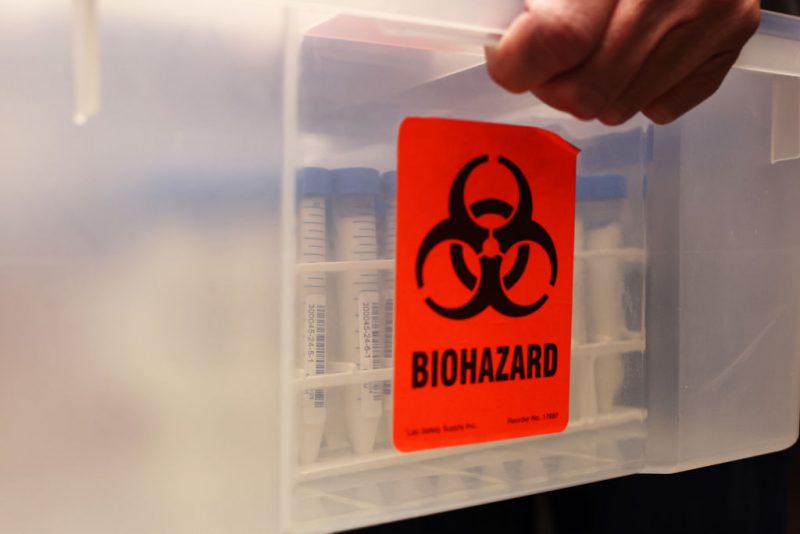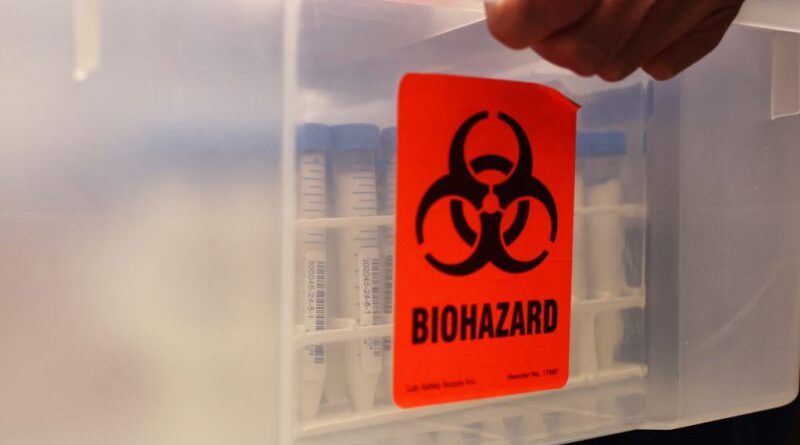Louisiana Reports First ‘Severe’ Bird Flu Case in the U.S. – One America News Network

OAN Staff James Meyers
2:55 PM – Wednesday, December 18, 2024
A Louisiana resident has been hospitalized due to the first “severe” instance of H5N1 bird flu in the United States, as reported by the U.S. Centers for Disease Control and Prevention.
Advertisement
The individual reportedly interacted with “sick and deceased birds on their property,” according to the CDC.
“It is understood that the Louisiana patient had exposure to sick or deceased birds on their premises. These were not from commercial poultry, and there was no contact with dairy cows or related products,” explained Dr. Demetre Daskalakis, head of the National Center for Immunization and Respiratory Diseases at the CDC.
State authorities noted that the patient is suffering from a severe respiratory illness associated with H5N1 and is currently hospitalized in critical status. The identity of the affected individual remains undisclosed, but they are over 65 years old and possess underlying health issues that heighten their risk of complications from the flu, as stated by the Louisiana Department of Health through a CNN report.
Previously, cases in the U.S. were mild, predominantly affecting farmworkers who had contact with sick poultry or dairy cattle.
This year has seen over 60 mild bird flu infections reported, with more than half occurring in California; none had been classified as “severe” until this case, the agency noted.
The CDC confirmed the severe case in Louisiana on Friday but waited until Wednesday to make the announcement.
This marks the first documented case in the U.S. linked to exposure from a backyard flock, which refers to a group of domesticated birds maintained in a residential setting for companionship, food production, or pest control.
However, health officials emphasize that bird flu predominantly remains an animal health concern, with the overall risk to the public still considered very low.
“Humans can contract bird flu through contact with an infected animal’s bodily fluids, such as saliva, milk, respiratory droplets, or feces. Infection can occur from inhaling small dust particles in animal habitats or introducing the virus to the eyes, nose, or mouth after handling contaminated fluids… Consuming properly cooked poultry or eggs or drinking pasteurized milk does not pose a risk of bird flu,” stated the Cleveland Clinic.
Stay informed! Receive breaking news alerts directly to your inbox for free. Subscribe here. https://www.oann.com/alerts
Advertisements below
